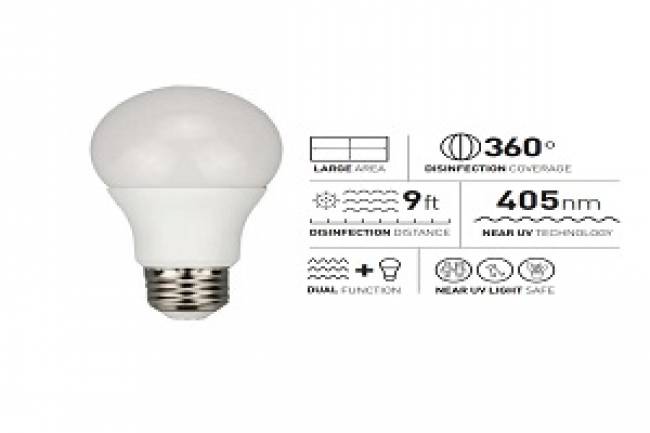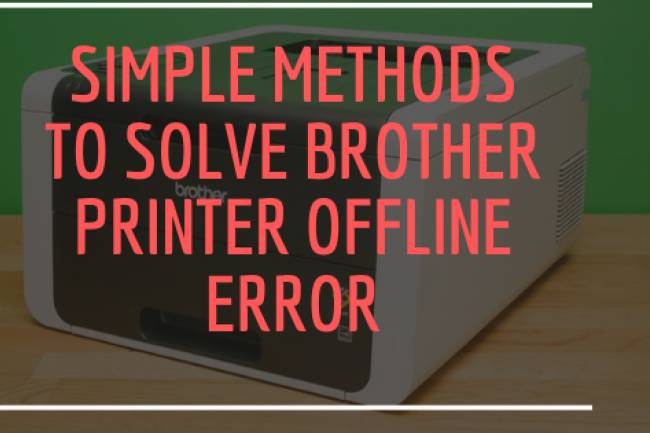
Lemon Laws and Used Cars - What You Need to Know
Buying a lemon can be extremely frustrating, especially when you've given the manufacturer reasonable chances to fix your vehicle. Fortunately, many states have laws protecting consumers from these types of problems.
Lemon laws protect the consumer's rights and provide a legal framework for seeking resolution. Suppose consumers believe their vehicle qualifies as a lemon. In that case, they typically need to follow specific procedures and may need to go through arbitration or file a lawsuit to enforce their rights.
Lemon Defined
In general, a lemon is a vehicle with a substantial problem that arises during the manufacturer's warranty period and has not been satisfactorily repaired after a reasonable number of attempts. Some states have laws that protect used car buyers.
If you buy a new or used car that turns out to be a lemon, an attorney can assist you in obtaining compensation from the manufacturer. Most states require that you first attempt to resolve the dispute through arbitration before filing a lawsuit. This step is often less expensive and quicker than going to trial.
Lemon laws are typically state-specific in the United States, and each state may have its lemon law with variations in terms of eligibility criteria, the number of repair attempts required, and remedies offered.
Consumers must familiarize themselves with their state's specific lemon law provisions if they suspect they have purchased one. Manufacturers must also inform consumers about their lemon rights when purchasing a new vehicle.
How Do I Know if My Car is a Lemon?
Many states have lemon laws that allow for a refund or replacement car. To qualify, a new or used car must have significant problems that cannot be fixed after a reasonable number of repair attempts.
When buying a car, looking at the vehicle history report is essential. These reports can tell you if a car has been subject to recalls, significant accidents, structural damage, or service history issues. It would be best to look at the window sticker for warranty information. A lemon law firm can help with this research.
Getting Redress
Florida lemon law covers any problem that significantly impairs your motor vehicle use. This might involve harm to the driving axle, transmission, or engine.
Before pursuing compensation, you must provide the manufacturer with reasonable repair attempts. If you fail to resolve your claim, you can file a lawsuit.
A lawyer experienced in lemon law cases can help you build a strong case. Detailed maintenance records will help your attorney assemble a compelling argument to win your case.
Many states' lemon laws and the federal Magnuson-Moss Warranty Act protect consumers who purchase or lease new vehicles with significant defects. Generally, if a manufacturer fails to repair a vehicle after a reasonable number of efforts or if the vehicle is out of operation for more than 30 days, the manufacturer must either refund the consumer or replace the vehicle.
This law applies to new motor vehicles purchased for personal, family, or household use. It excludes trucks, motorcycles, and commercial vehicles.
Taking action under lemon laws can be a complex legal process. A skilled attorney can assist you in understanding your rights and defending your best interests. A valid claim will usually result in a refund or a new vehicle.
Consumers must allow a reasonable number of repair attempts, and the problem must occur within the first 12 months or 12,000 miles.
A lemon law attorney can help you get redress from the manufacturer. They can help you take advantage of any arbitration program or informal dispute settlement procedure the manufacturer offers before filing a lawsuit. In many cases, attorneys charge a fee on top of any compensation you receive.
How Do I Get Redress Under the Rhode Island Lemon Law?
Suppose your vehicle meets the requirements for repurchase or replacement under Rhode Island's lemon law. In that case, you should first contact the manufacturer and demand that they repurchase or replace the defective vehicle. It's essential to keep detailed documentation of the defects and repair attempts and to adhere to the time and mileage limitations outlined in the law.
If you cannot resolve with the manufacturer, you can file for arbitration through a state-certified program. An experienced Rhode Island lemon law attorney can help you navigate the process effectively.
Whether a car is a lemon or not, the law allows consumers to stop payments and get their money back if they prevail in their case.
It is also essential for consumers to keep accurate logs of all attempts by the manufacturer to fix the vehicle's defects.
Lemon laws protect new car owners who experience significant defects that cannot be repaired after a reasonable number of attempts. Those consumers may be eligible for a refund or replacement vehicle and reimbursement of business expenses, if applicable. Depending on the case, attorneys could also seek legal action against the manufacturer.












